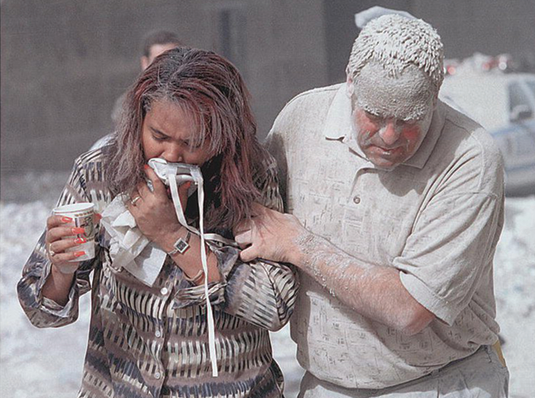
[Continued]
One effect being felt in labs across Auburn’s campus, including Auad’s, is the decrease in an international graduate student population that supports much of the university research enterprise. “The new screening systems now in place and the new U.S. citizenship requirement for high priority research areas have created major impediments,” says Auad. “International educational competition will decrease the availability of scientific talent even further. With too few students, research momentum will be difficult to maintain.”
Without that momentum, universities across the country will face an even greater degree of competition for quality graduate and doctoral students, as well as lab technicians and support staff, many of whom are paid through research grants and are highly skilled in particular areas. The potential for a decline in enrollment could hit a university’s budget as hard as its research space.
“There has been a big impact in the area of export control,” says Taylor. “These regulations have been on the books for a long time, but 9/11 forced a realization that simply educating someone about how to do something could endanger our nation’s security.”
In addition to reducing the degree to which international graduate students can work in key research areas, 9/11 also called into question some basic assumptions about how American universities operate.
“While we still welcome individuals from around the world to live and learn, we are required to tell them that there may be certain projects on which they will not be allowed to work,” Taylor adds. “It has impacted the way universities view themselves and their approach to openness in higher education.”
From a technologist’s perspective, Auad says she has questions about where we stand after the 9/11 attacks.
“The country has spent billions of dollars on technology upgrades to detect and neutralize new threats,” she adds. “Have we invested it wisely? Are the technologies and resources being deployed effectively? What more can be done?”
TEN MORE YEARS
Time does not stand still, even on a college campus. Here at Auburn, faculty are no less devoted to their work and engineering challenges than they were in 2001. In 10 more years, no doubt, the academic research environment will have evolved even further from what we know today.
As opportunities grow for government, academia and industry to work together, Auburn faculty and engineers around the country continue to improve upon their projects. Who can say where their ideas will take them tomorrow.
From the heavily observed to the relatively unknown, engineering educators face the unprecedented challenge of generating interest in and respect for new technologies that can keep us safe, whether at home, or at work, or at war.
At the same time, they must remain invested in teaching eager engineering students how to improve our nation’s best defenses, as well as how to ask themselves broader questions about security, protection and the certainty of an unpredictable future.
Someone once said that safety never takes a holiday; neither do engineers.
Contributed by Cheryl Cobb, Beth Smith and Morgan Stashick
[miniflickr photoset_id=72157627852275685&sortby=date-posted-asc&per_page=20]